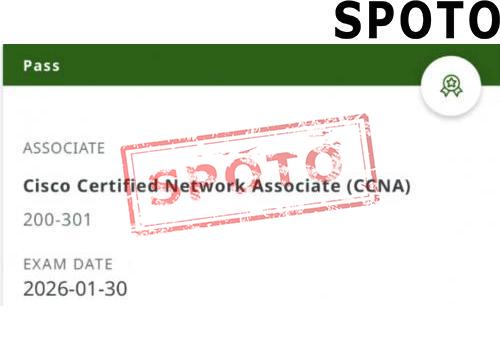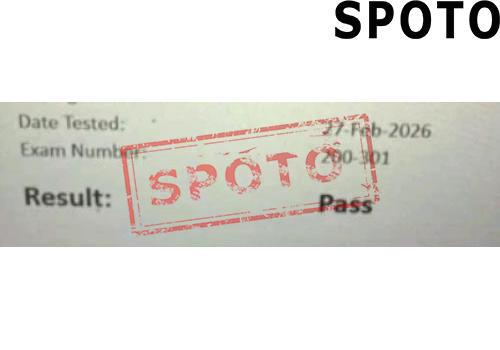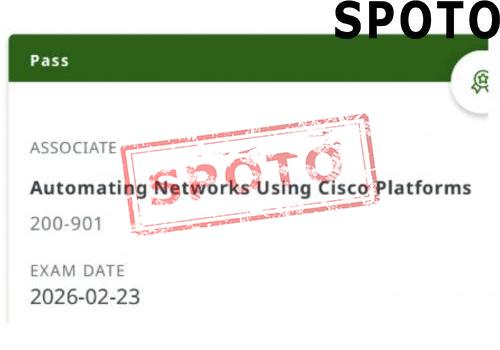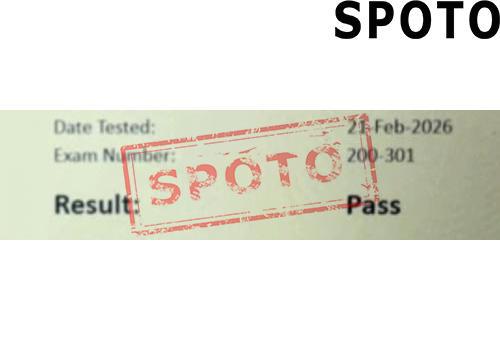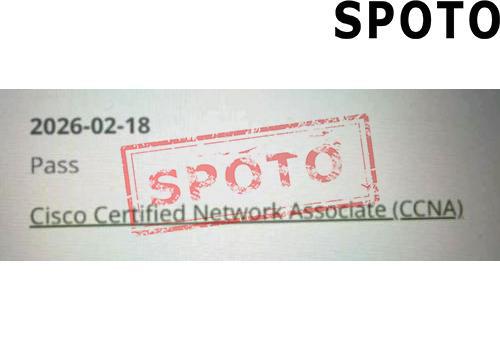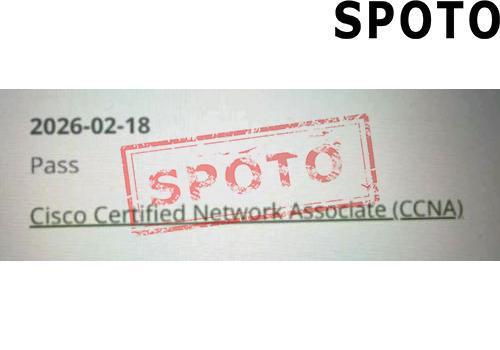
If you're looking to advance your career in networking, choosing between Cisco Certified Network Associate (CCNA) and Cisco Certified Network Professional (CCNP) can be a challenging decision. Both certifications offer immense value, but which one aligns best with your career aspirations? Whether you're a beginner stepping into the networking world or an experienced professional looking to specialize, this guide will help you determine the right path for your goals.
Understanding CCNA and CCNP
What is CCNA?
The CCNA (Cisco Certified Network Associate) is an entry-level certification that provides foundational knowledge of networking. It covers essential topics such as:
-
Network fundamentals
-
IP addressing and subnetting
-
Routing and switching concepts
-
Network security basics
-
Automation and programmability
CCNA is ideal for those who are new to networking or looking to establish a strong technical foundation. It's a great stepping stone toward more advanced certifications like CCNP. The certification validates your ability to install, configure, operate, and troubleshoot small to medium-sized networks. This makes it a strong choice for individuals starting their journey in IT infrastructure and networking.
What is CCNP?
The CCNP (Cisco Certified Network Professional) is an advanced certification designed for professionals who want to specialize in networking. It offers multiple concentration tracks, including:
-
CCNP Enterprise – Focuses on routing, switching, SD-WAN, and network automation.
-
CCNP Security – Covers firewall technologies, VPNs, and cybersecurity principles.
-
CCNP Data Center – Deals with data center technologies, virtualization, and automation.
-
CCNP Collaboration – Emphasizes voice, video, and unified communications.
-
CCNP Service Provider – Focuses on carrier-grade networking technologies.
Unlike CCNA, CCNP requires a deeper understanding of networking and the ability to configure, troubleshoot, and optimize network environments. CCNP is designed for professionals who want to build expertise in specialized areas of networking, allowing them to handle more complex tasks and take on greater responsibilities within an organization.
Who Should Choose CCNA?
Best for Beginners
If you have little to no experience in networking, CCNA is the perfect starting point. It introduces you to key networking concepts without overwhelming complexity. CCNA is suitable for students, recent graduates, and professionals switching from other industries to IT. It provides a structured learning path and a clear foundation to progress in networking.
Ideal for Entry-Level Roles
CCNA certification is well-suited for job roles such as:
-
Network Technician
-
Help Desk Engineer
-
Technical Support Specialist
-
Entry-Level Network Administrator
Employers often look for CCNA-certified individuals when hiring for these positions because the certification demonstrates practical knowledge of networking concepts, device configuration, and troubleshooting skills.
Great for IT Career Switchers
If you're transitioning into IT from another field, CCNA provides the fundamental knowledge required to enter the networking industry. Many professionals from software development, cybersecurity, or other technical fields obtain CCNA to broaden their skill set and increase job opportunities.
Who Should Choose CCNP?
Best for Experienced Professionals
If you already have networking experience or hold a CCNA certification, CCNP is the logical next step. It allows you to specialize in specific areas and enhances your technical expertise. CCNP is suitable for individuals who are already working in networking and want to advance their careers by gaining deeper knowledge of enterprise-level networking solutions.
Ideal for Advanced Job Roles
CCNP certification is often required for mid-to-senior-level networking positions such as:
-
Network Engineer
-
Systems Administrator
-
Network Security Specialist
-
IT Manager
These roles demand a higher level of networking expertise, including the ability to design and implement large-scale network solutions. A CCNP certification gives you an edge over candidates with only entry-level certifications.
Great for Career Growth and Higher Salaries
CCNP-certified professionals often earn higher salaries and have more opportunities for career advancement compared to CCNA holders. The ability to specialize in areas such as security, enterprise networking, or collaboration makes CCNP a valuable credential for IT professionals seeking leadership roles in networking.
Which Certification is Right for You?
Choose CCNA if:
-
You are new to networking and need a solid foundation.
-
You are seeking entry-level IT jobs.
-
You want a cost-effective way to start your networking career.
-
You want to build a strong understanding of networking basics before specializing.
Choose CCNP if:
-
You have networking experience and want to specialize.
-
You're aiming for higher-paying roles.
-
You want to gain advanced networking skills and work on enterprise-level projects.
-
You're interested in specializing in security, data center, or collaboration networking.
Cost and Exam Requirements
One major factor when choosing between CCNA and CCNP is the exam difficulty level. The CCNA exam (200-301) consists of a single exam that covers various networking topics. In contrast, CCNP certification requires passing two exams: a core exam (such as ENCOR 350-401 for CCNP Enterprise) and a concentration exam based on your chosen specialization. The difficulty level of CCNP is significantly higher than that of CCNA because it requires a deeper understanding of networking concepts and hands-on experience. Many candidates gain at least two to three years of networking experience before attempting CCNP.
Conclusion
Both CCNA and CCNP are valuable certifications, but the right choice depends on your experience level and career goals. If you're just starting, CCNA is the best option. If you're ready to take on more advanced networking roles, CCNP is the way to go.
No matter which certification you choose, investing in Cisco certifications will open doors to exciting career opportunities. Take the next step today and start building your future in networking!
